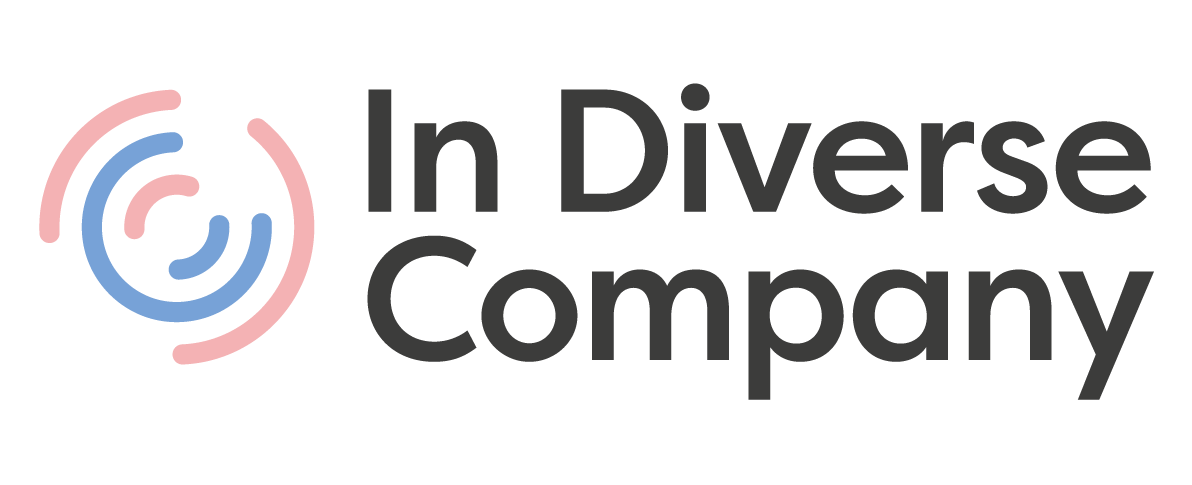By Dominique Whitefoot, Head of Research and Strategy
Over the past couple of decades, online learning has become the main delivery method for learning. This has brought many benefits for organisations including reduced costs for delivering learning, being able to reach employees globally and ensuring all employees receive the same quality of learning and information – but just how effective is it?
Individual learning allows learners to develop at their own pace, which has positives and negatives. If the learner is motivated, they may work quickly and complete their tasks; if they are unmotivated, they may never complete them. Also, the question remains; could the motivated learner get more from the content if they approached it in a collaborative way?
In our experience of working with businesses globally, there are a number of benefits to group learning, such as higher levels of motivation, collaboration, accountability and likeliness to develop good habits around learning, working inclusively and beyond. In addition to this, we have found that group learning increases the likelihood of learning being transferred into day-to-day actions due to group understanding and commitment. Team learning creates a movement for change.
Due to matrix structures and globalisation in organisations, employees are sitting across more teams than ever before. However, often these employees aren’t truly engaged in these teams. The objective of a team-first learning approach is to not just assemble high performing employees but to encourage them to motivate each other and allow them to benefit and learn from their collective range of unique ideas and skills. This is particularly effective when utilising technology such as online forums, team learning sessions and making use of a robust social learning experience.
Research shows that the inclusion of collaborative activities in an online course leads to positive student performance outcomes. Collaborative group interactions facilitate active learning, shared knowledge, and promote social interaction and a supportive eLearning community.
Our objective at In Diverse Company is to move organisational behaviour to make it more inclusive through technology. As humans, we are most comfortable when we’re connected, sharing our lived experiences through our stories, and by using collaborative technology we want to ensure we are enabling employees to be highly connected and engaged.
By getting teams to talk about their attitudes and mindsets, this has a strong influence in creating cultures and practices that spread through the organisation. Social identity theory shows that when members of a team start acting differently, this influences the attitudes and mindsets of others in the group and this quickly becomes the norm. We use this ‘positive peer pressure’ for good by working with teams to instill attitudes of inclusion, belonging and encouraging uniqueness – all of which help build inclusive cultures, but needs to be achieved through regular interactions with others.
If organisations can take this on board and commit to developing teams, other benefits will follow – particularly in fast-changing and uncertain environments. Margaret Heffernan (Future of Talent Conference) talks about companies that survived existential crises, it’s clear…that their endurance derived in no small part from the tight bonds of friendship, generosity and reciprocity, developed over years, between their people… It’s a paradox and a leadership challenge, that the more temporary the world feels, the more resilience derives from what is permanent: people’s care for each other.
So following a teams-first approach in comparison with individual learning has multiple advantages and typically results in higher achievement and greater productivity, better team relationships, greater psychological health, social competence, and self-esteem.
We are currently conducting our own research in this area and are always looking for those that are interested or would like to find out more, contact us on info@indiversecompany.com.
Photo by You X Ventures on Unsplash






